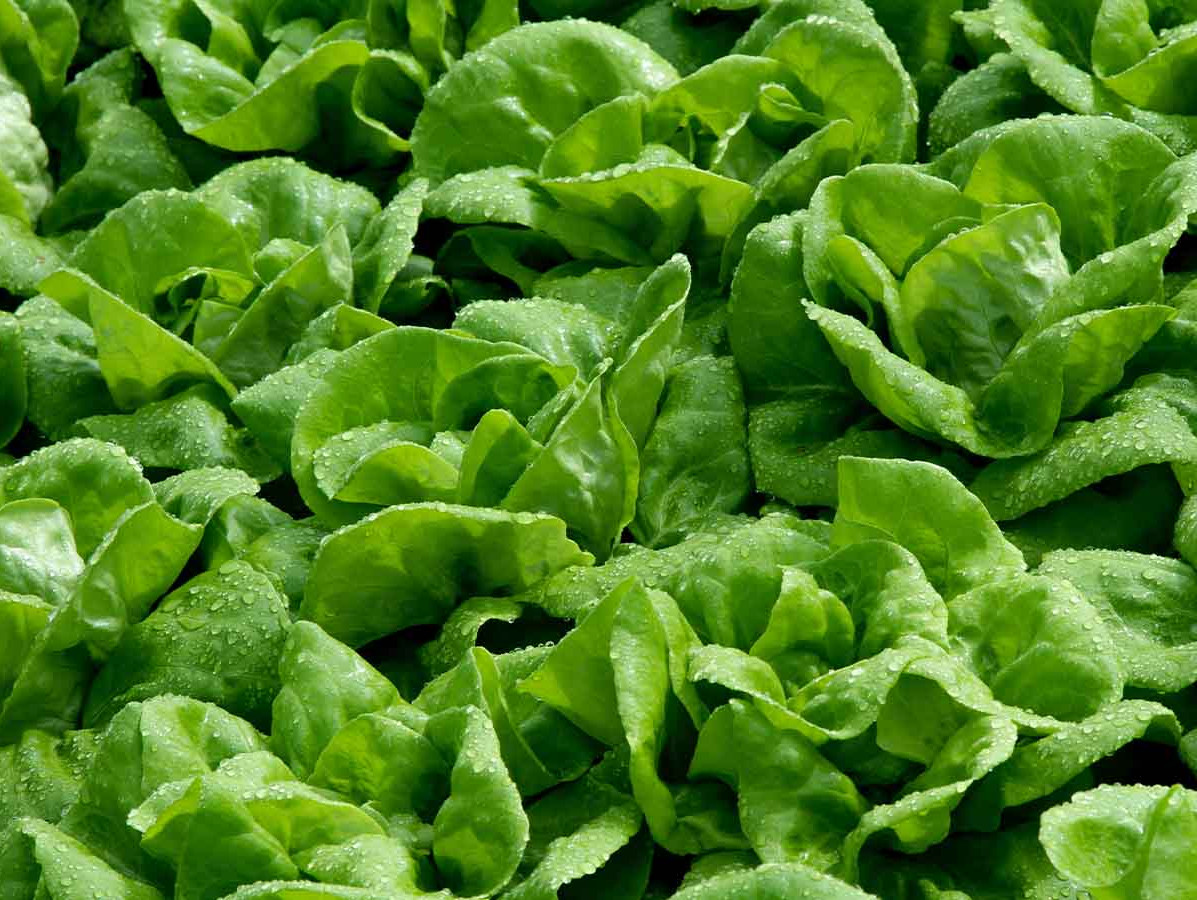
Michael Schon from Wageningen University & Research has designed an advanced AI tool. This innovation enables the analysis of non-coding RNA in plants. With his work, supported by a Veni grant, Schon is making significant strides towards developing crops that are more resistant to drought and disease.
Schon’s research has already provided valuable insights into the thale cress, a model plant in the field of science. This plant is part of the Brassicaceae family, which also includes broccoli and cauliflower. Schon highlights the challenges of comparing non-coding RNA within this family. The focus is on improving annotations for these types of RNA, as existing genome annotations primarily mark the coding parts.
Schon is developing methods to efficiently annotate non-coding RNA. “We are faced with a mountain of data, consisting of millions of bases that form DNA molecules,” he says. This calls for innovative solutions in data analysis. One of the tools Schon is developing is the GeneSketch, based on the Minimizer Sketch method. This method analyzes only a fraction of a genome, which greatly simplifies the process of genome comparison.
The technology behind GeneSketch relies on Transformers, the same technology that powers AI tools such as ChatGPT. Schon is training this technology to recognize patterns in DNA, which is crucial for identifying non-coding genes. Despite challenges in reliability, Schon aims to develop a working prototype within a year. This could have a significant impact, not only in the scientific world but also in the agricultural sector, by providing insights that lead to more robust crops in a changing climate.
Source: Wageningen University & Research